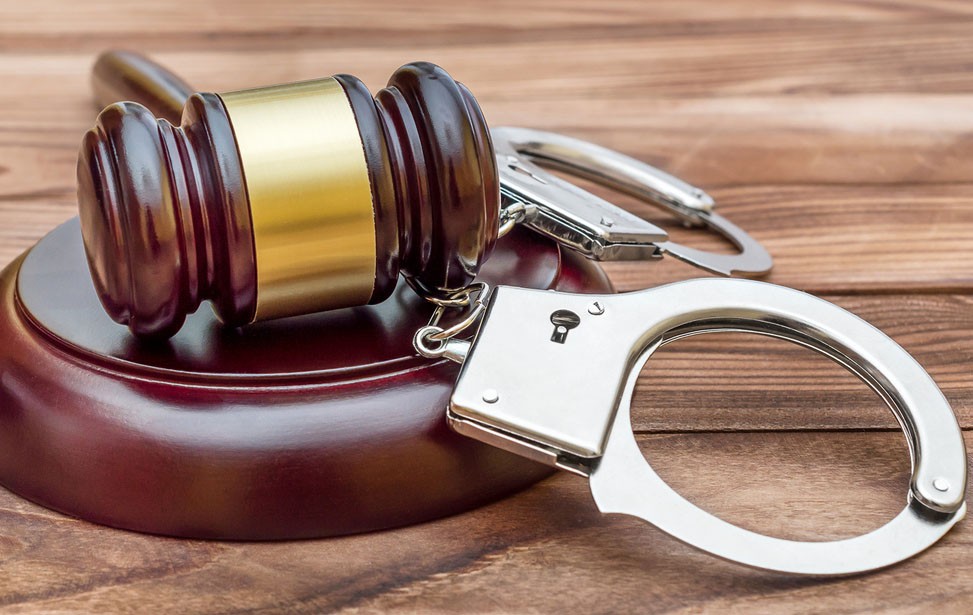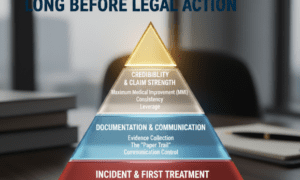Victim rights in criminal proceedings are very important for maintaining fairness, respect and responsibility within the justice system. In the past, those who suffered from crime were frequently ignored or made less important during legal procedures where attention was mostly on the accused and state. The acknowledgement of victims’ rights has grown significantly in recent years with many places making laws to protect and support them throughout all stages of the criminal justice process.
Advocacy and Support for Victims
To ensure victim rights in criminal justice, it’s very important to provide advocacy and support services. These kinds of services assist victims in understanding and dealing with the legal system that can be complicated, as well as managing matters related to crime. A person who advocates for a victim, usually working for government departments, non-profit groups or law firms gives emotional help as well as practical aid to victims while also helping them learn about their rights and available resources. The role of these advocates is crucial. They give power to the victims, allowing them to be involved in a criminal justice process properly and at the same time assert their legal rights.
Legal Protections for Victims
Aside from advocacy and support, the rights of victims in criminal proceedings involve a variety of legal safeguards. These protections are put in place to guarantee that victims are treated with fairness, honor and understanding. They might include the right to stay updated about how the case is moving forward, the ability to come to court hearings, having input on choices like plea bargains or punishment decisions as well as being given a chance at important points within legal procedure. The purpose for these entitlements is empowering victims by giving them a voice that matters in our system of criminal justice.
Challenges and Barriers to Victim Rights
Even if there have been improvements in acknowledging and securing the rights of victims, there are still difficulties and obstacles that can make it hard for them to get justice or take part in criminal procedures. These problems might be not knowing about the victim’s rights, issues with language understanding, cultural differences, worry of revenge or being frightened by the accused person’s sidekicks. Furthermore, lack of resources because money is limited for assisting services which support victims could also create a hurdle to provide enough help and safety to all victims.
The Role of Lawyers in Advocating for Victims
Rights of victims are strongly supported and protected by lawyers, who make sure they have a proper role in the criminal justice process. A criminal lawyer Mississauga for victim rights specializes in representing those who suffer from crime, giving them legal advice and speaking on their behalf during court activities. These lawyers work to guarantee that victims can express themselves, they are not disregarded, their rights are maintained and their requirements are looked after as per the law. Victim rights attorneys help victims to access justice by offering legal representation and assistance. They support victims in seeking retribution and holding those responsible for their suffering.
Rights for victims in criminal proceedings are very important. They help to keep fairness, honor, and responsibility strong within the justice system. Part of these rights includes being supported by someone who will speak up for you and help you understand your rights as a victim. This can also involve giving guidance on legal matters related to your case. Another critical component is protection – making sure that victims are treated with respect and sensitivity during all stages of the legal process, including investigations, court appearances, sentencing decisions etcetera. While some difficulty might be present in obtaining effective legal aid or representation for victims due to financial constraints or other factors like language barriers etcetera; lawyers still play a crucial part here because they help ensure that every victim has their own voice when it comes time to face those who have caused harm.



































